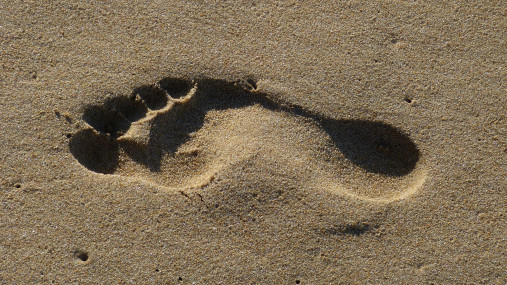
Publications » Position papers » Policy options for the Product Environmental Footprint (PEF)
Policy options for the Product Environmental Footprint (PEF)
Downloads and links
Recent updates

The EF methodology should be used as an underlying approach in supporting product policies, rather
than a policy in itself.
Potential benefits of using the EF method in product policy:
EUROFER sees the need for a coherent product policy framework that supports a circular economy and sustainability, giving full recognition to materials at the design stage that are fit for circularity and support sustainable outcomes. We see a lifecycle approach in product policy as the only way to achieve this, and the EF method could provide the coherence if it is used in existing product policies that focus on different lifecycle stages e.g. design, production, use or end of life.
We believe the greatest benefit of PEF can be achieved when applied in end-product applications, rather than in the supply chain of semi-finished products. This is because the product design stage, including the materials used and other product design choices, has the greatest potential to improve environmental performance of a product, and in particular the degree of circularity achieved during the waste management of products at end-of-life.

Download this publication or visit associated links
Brussels, 02 July 2025 – The 90% climate target proposed today by the European Commission demands an unprecedented transformation of EU society and industry in just 15 years. The European steel industry is already doing its part, but a viable business case for the transition is still lacking. To enable it, the EU needs to implement the Steel and Metals Action Plan much more decisively, delivering a highly effective trade protection against global overcapacity, access to internationally competitive low carbon energy and scrap, and a watertight CBAM, says the European Steel Association.
How global overcapacity is destroying European industries
European Steel in Figures 2025 is EUROFER's statistical handbook, laying out in an easy-to-use format the key statistics and data about the performance and footprint of one of Europe's most important strategic sectors